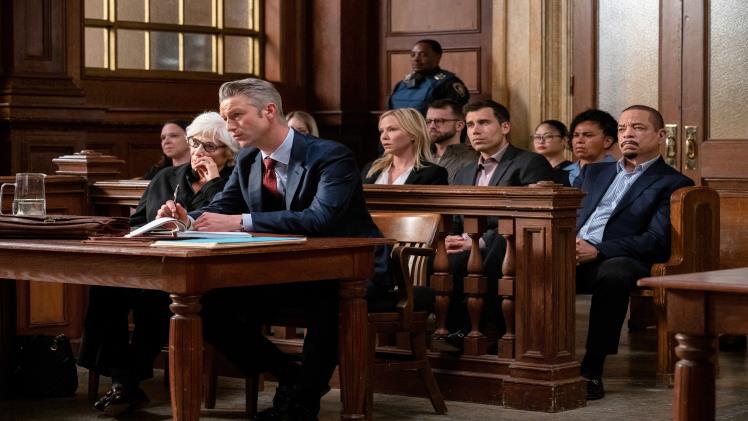A juvenile defense attorney is a lawyer who specializes in defending juveniles accused of crimes. The primary role of a juvenile defense attorney is to protect the rights of the accused juvenile and to ensure that he or she receives a fair trial. In most jurisdictions, lawyers representing juveniles must have special training and experience in juvenile law.
Before hiring this legal expert, consider these:
- Does the lawyer have experience in juvenile defense law?
- What is the lawyer’s success rate in defending juveniles accused of crimes?
- How much does the lawyer charge for their services?
- Does the lawyer have a good understanding of the juvenile justice system?
Below find a detailed explanation of the roles of juvenile crime lawyers:
1-To Investigate the Case
Investigating a case is the key to success in any legal proceeding. A defense lawyer must be diligent in investigating the circumstances surrounding the case and uncover any evidence favorable to the accused juvenile. This may involve interviewing witnesses, reviewing police reports, and examining physical evidence.
2-To Advocate for the Juvenile
A defense lawyer is an advocate for the accused juvenile. This means that the lawyer will argue on behalf of the juvenile in court and try to persuade the judge or jury to find the juvenile not guilty. The lawyer will also negotiate with prosecutors to get charges reduced or dismissed.
3-To Protect the Juvenile’s Rights
A defense lawyer must protect the constitutional rights of the accused juvenile. This includes the right to a fair trial, the right to remain silent, and the right to an attorney. The lawyer will ensure that the criminal justice system treats the juvenile fairly and that their rights are not violated.
4-To Educate the Juvenile and their Family
A defense lawyer should educate the juvenile and their family about the criminal justice system and the juvenile’s rights. The lawyer can also support and guide the family during this difficult time.
5-To Negotiate a Plea Agreement
In some cases, it may be in the juvenile’s best interest to enter into a plea agreement with the prosecutor. A plea agreement is a negotiated deal in which the juvenile pleads guilty to a lesser charge in exchange for a lighter sentence. A defense lawyer can advise the juvenile and their family on whether entering a plea agreement is the best option.
6-To Represent the Juvenile at Trial
The defense lawyer will represent the juvenile in court if the case goes to trial. The lawyer will cross-examine witnesses, make opening and closing arguments, and present evidence on behalf of the juvenile.
The role of a juvenile defense attorney is to protect the rights of the accused juvenile and to ensure that they receive a fair trial. A defense lawyer must be diligent in investigating the circumstances surrounding the case and uncover any evidence favorable to the accused juvenile. The lawyer will also advocate on behalf of the juvenile in court and try to get charges reduced or dismissed. If you or someone you know has been accused of a crime, you must contact a qualified defense lawyer to discuss your case.

